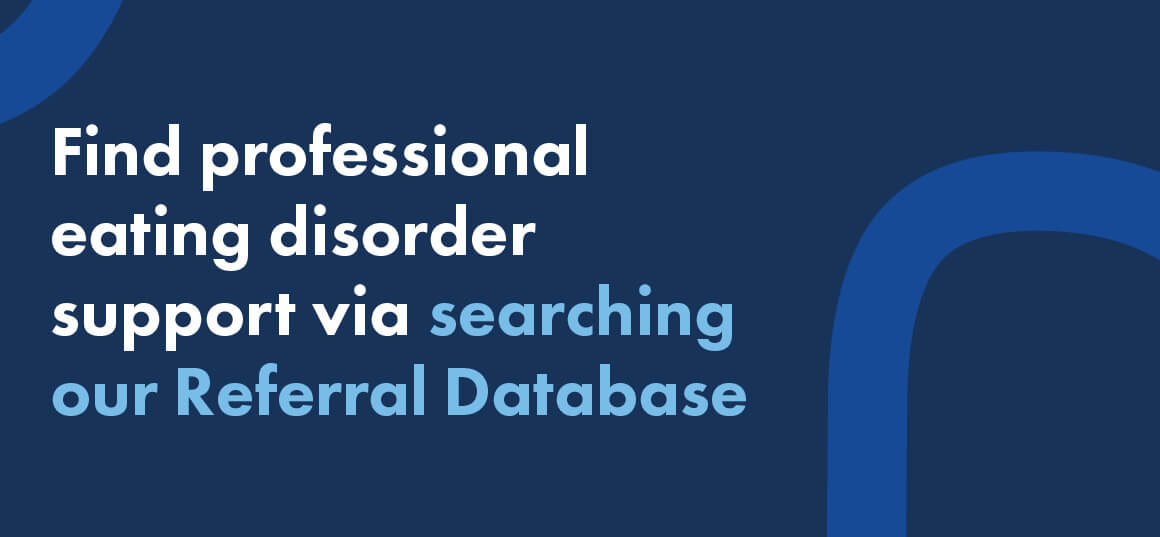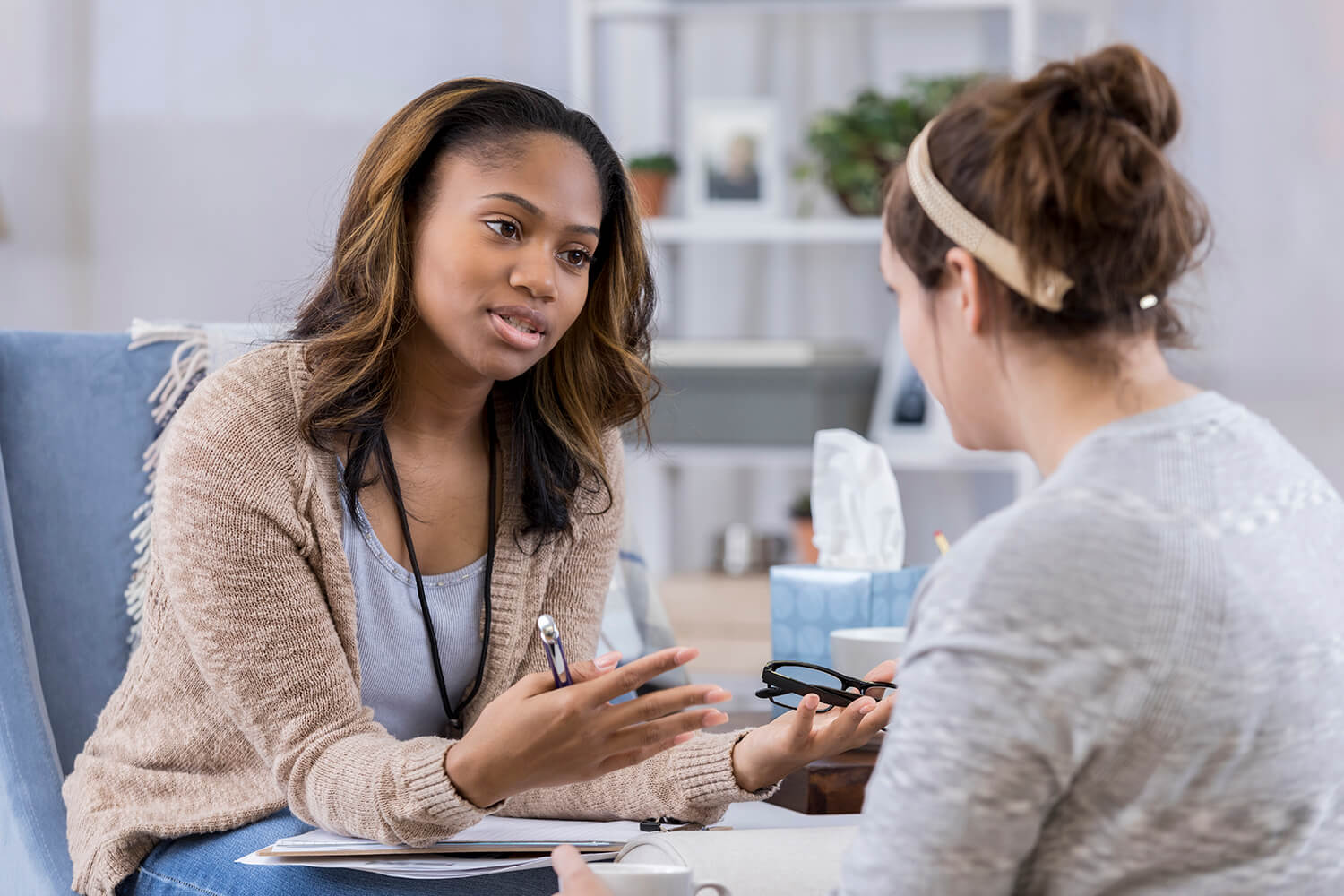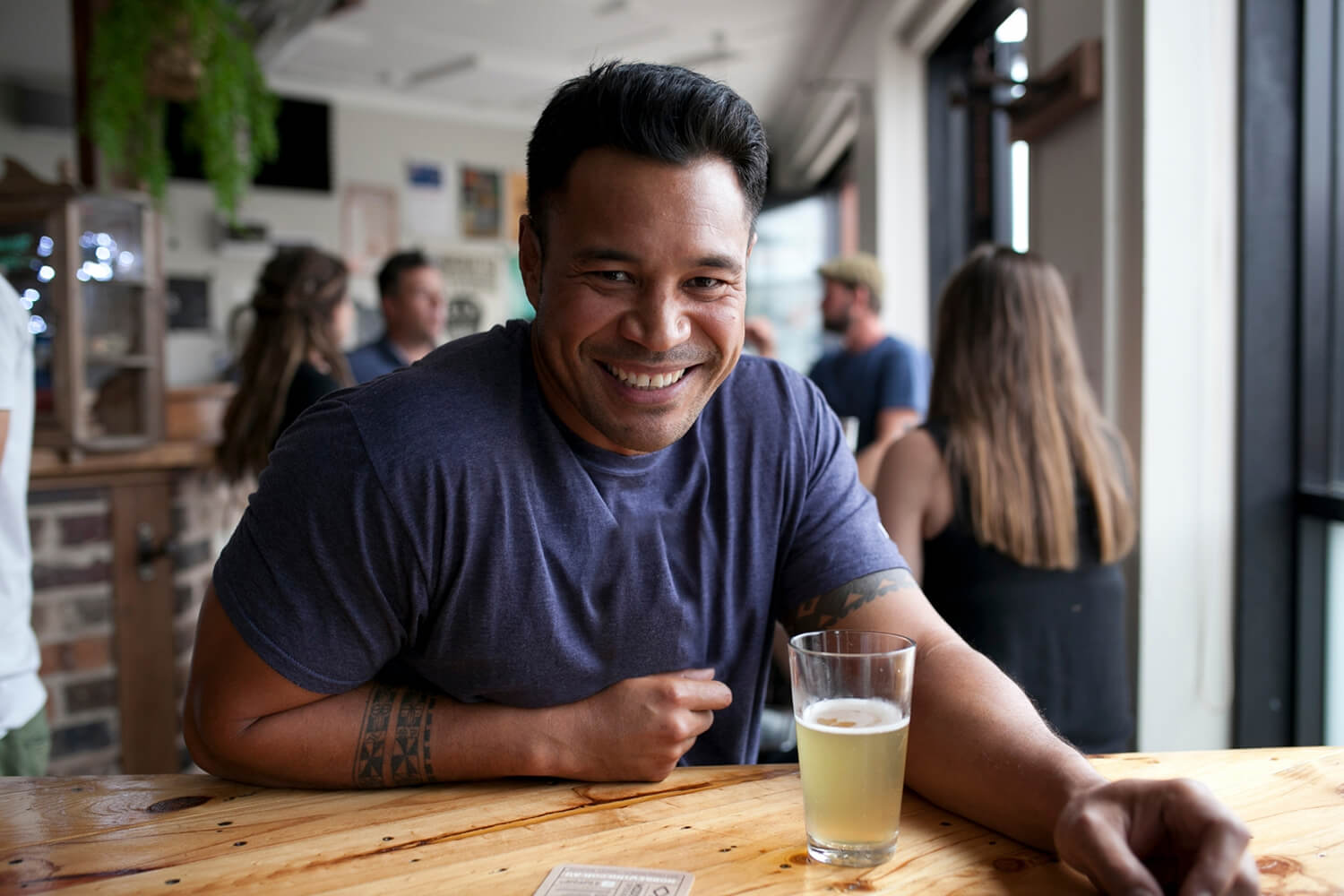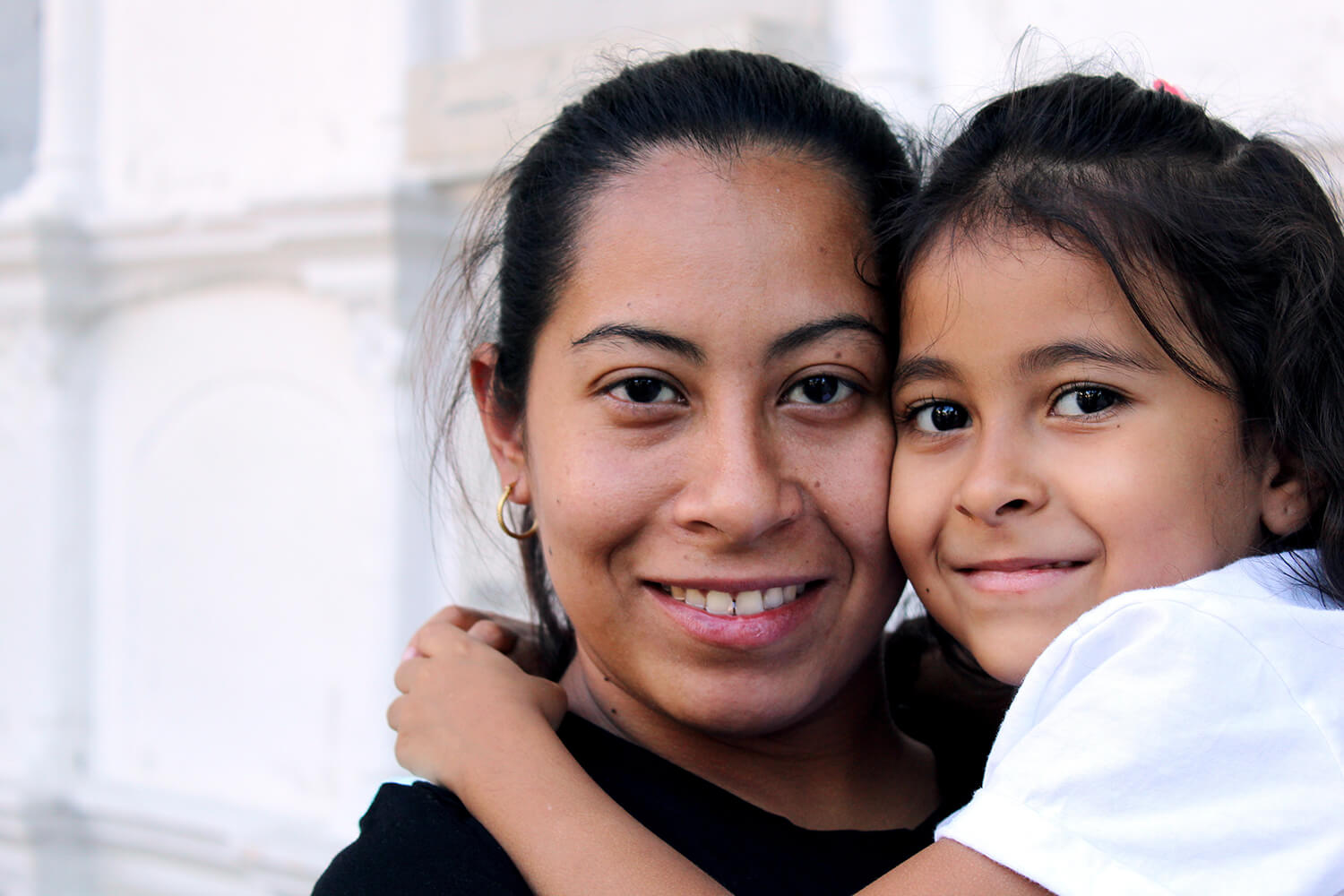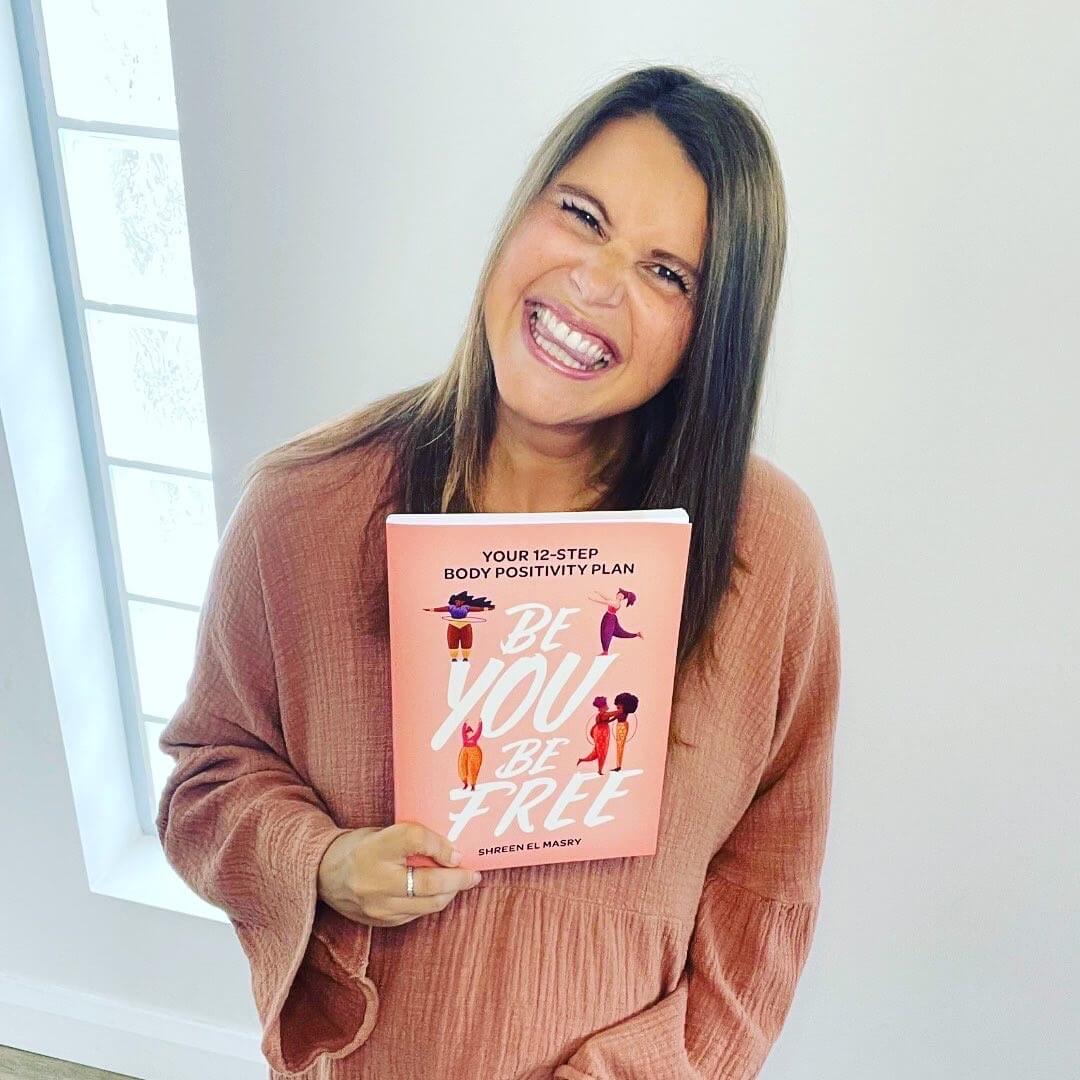How I supported my partner through an eating disorder
It is never easy being the support. Your first instinct is always to take away the pain, to take on the challenge yourself or to become frustrated when those you are supporting don’t see what you see.
Like most things in life, unless an individual sees it for themselves or wants to do a certain task, we can not make them, no matter how hard we try, all we can do is be there to support them when it is needed.
As a PT for over 11 years, this is evident with clients’ day in and day out. Every week, as much as you tell a client not to check the scales, they will check the scales, they will ask why they haven’t lost weight or why they have put on weight when they are wanting to lose it. These conversations are sometimes difficult to have, to explain that muscle weighs more than fat, that their body shape is changing, yet they do not see it and most of the time they do not believe it.
It is also evident as a partner and as a friend. Watching your partner agonise over the outfit they are going to wear out to a party, clearly seeing how distressed they are when it doesn’t fit how they wanted it to fit. The weeks leading up to this moment where dinner becomes a battle for them to eat a sustainable meal, their use of laxatives, or their bulimia taking over.
Watching your friend forgo social interactions because of the food that may be offered or not wanting to be the only one at the table not eating because they feel the restaurant chosen does not accommodate for their meal plan.
All of these, a PT, a friend, and a partner supporting someone who is going through an eating disorder can at times be frustrating, it can bring on anger, and there are times where you want to give up.
It is hardly talked about, from my experience, a male supporting their partner who is challenged by their body image. If you’re a male who hasn’t experienced an eating disorder or body image concern yourself, it can be difficult to truly understand the challenge that your partner is facing.
How do we support, what do we do, what do we say that isn’t going to be mistaken as an insult?
For most, we do our best to ease the pain that our partner is going through, providing compliments on their image, they are beautiful, they are stunning, as well as compliments around intelligence, kindness, their compassion, and their love. We want nothing more than to take away the pain that they are feeling in that moment. Yet we cannot always fix a problem, we just need to be there, supportive, reassuring.
If I could turn back time, it is this that I wish I knew in my younger years. I tried to fix the problem, for my clients, my partner, my friends. But rather than fix the problem, I could have listened, been there, supportive, rather than frustrated that nothing I did was fixing the challenge.
If I had of known that everyone’s challenge is unique, and that in that moment it is best to ask, how can I help, what do you need from me, how can I support you, then listened to the response, I would have learnt what was needed at that time and for future situations that arose. As everyone is unique, what they need for support will be unique, and this will change from situation to situation as well as throughout time.
Open communication, honest communication, is key to supporting someone with an eating disorder or body image concern. You need to keep your patience, remain calm and remember that at times the person may not know what they want at that given moment. But by letting them know that you are there when they are ready, this will speak more than you know. Give them space when they ask for it and hold them close when they need it. Support is an ebb and flow of emotions, both for you and the person you are supporting.
Make sure you are reaching out for your own support as well, for at times being the supporter can be draining, both mentally and physically, so keeping yourself fresh and charged is important. Make sure you are working through your own self-care strategies, as well as giving time to yourself. If you are burnt out and exhausted, then you will be unable to support anyone who is challenged.
Never give up on those you are supporting, and never give up on yourself, because what you are doing for that person may not result in a thank you every day, but you just might be their motivation to seek help, to seek support and to overcome their challenge in their own time. Be strong, you are incredible, keep being you.
Get support
Butterfly’s National Helpline is available for individuals experiencing an eating disorder or body image concern, and their loved ones and friends who may be impacted or caring for the individual: 1800 33 4673, via webchat or email support@butterfly.org.au
Eating Disorders Families Australia – EDFA is an organisation founded by a group of Australian parents who have cared for and treated a young person with an eating disorder. EDFA have a number of support groups for carers.









